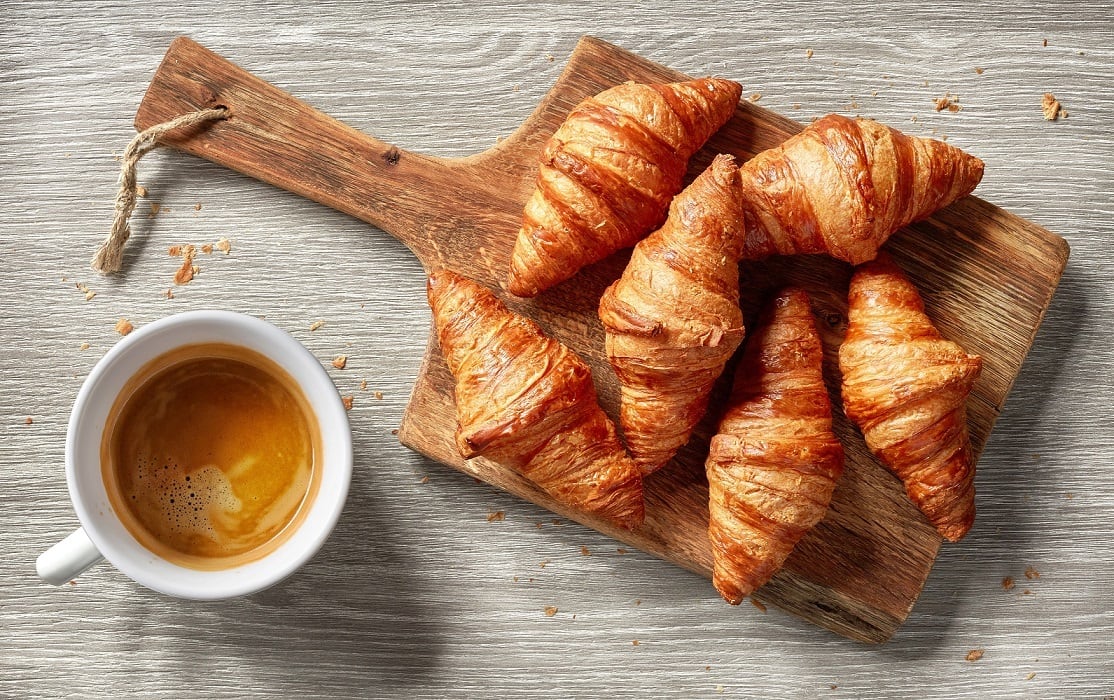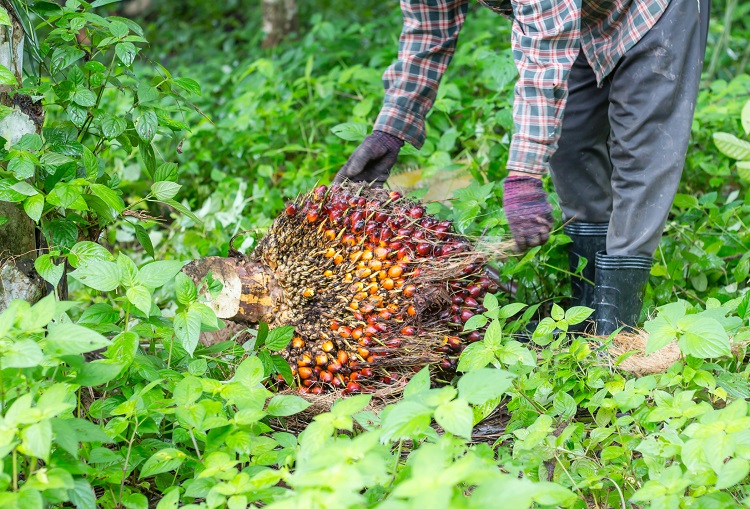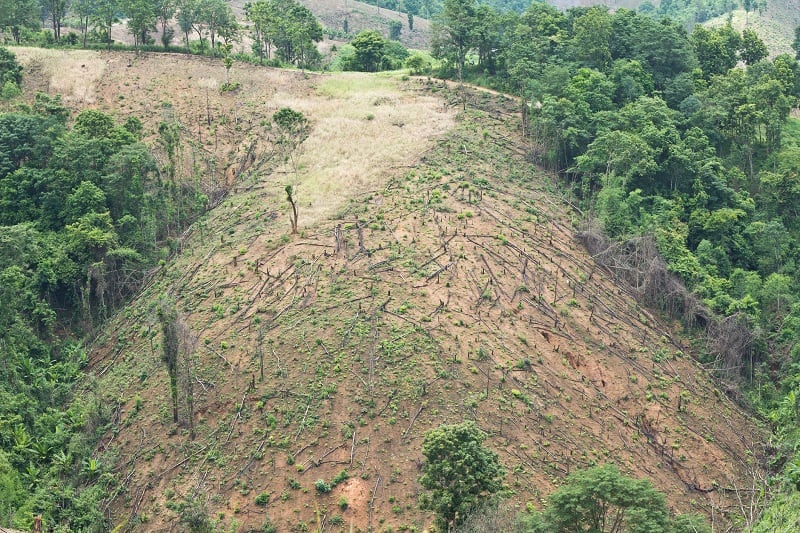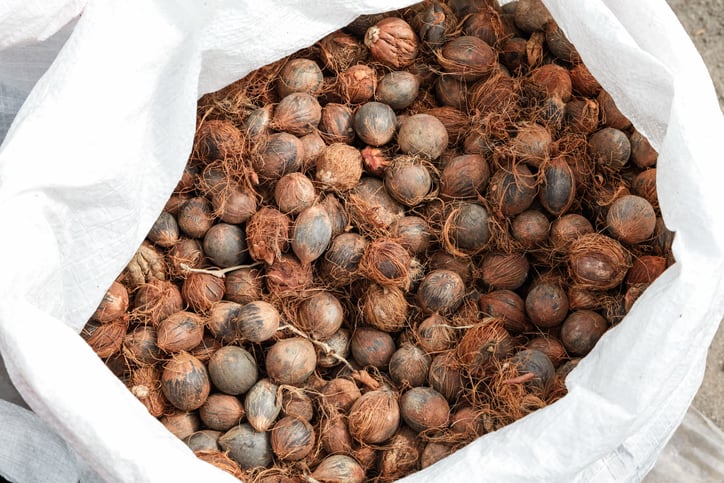Demand for shea butter is growing globally. According to Adroit Market Research, the market for shea butter is expected to ‘experience a sudden growth’ in the coming years thanks, primarily, to rising consumer awareness in markets like Europe and North America.
The market researcher suggests by 2025, the global shea butter market size is estimated to reach US$1.74 billion, supported by growing adoption in food, personal care & cosmetics and medical industries.
Netherlands-based ingredients supplier Bunge Loders Crocklaan (BLC) wants to help meet this need. The company has developed a clean-label shea margarine that is produced using a 'unique' crystallization process. This, BLC says, provides it with an ‘exceptional sensory performance’ that makes it particularly appropriate for the bakery sector, enhancing the ‘puff, crispiness and colour’ in products like croissants and Danish pastries.
The margarine formulation is free from preservatives and artificial colourings, which results in ‘perfect plasticity’ and ‘excellent workability’.
Nutritional profile: ‘Better than existing products’
As well as a positive sensory and taste profile, Renee Boerefijn, director of innovation for BLC, insists that the ingredient also has offers nutritional benefits.
“The nutritional profile is better than existing products in the market. Mainly the saturated fatty acid level is better than current solutions. Current solutions are composed of SAFA levels of around 55%. This solution contains 45%, with even better performance in puff baking performance and is allowing overall fat-reduction as well,” he told FoodNavigator.
“This leads to improved sensory properties, with better mouthfeel and quicker flavour release, while awarding a more durable crispiness. Because of the superior performance, in certain formulations it is possible to use less fat to get the same quality and organoleptic experience as with dairy butter,” Boerefijn added.
Shea is also lower in trans fats, which are primarily made from oils through partial hydrogenation. These partially hydrogenated trans fats can increase total blood cholesterol, LDL cholesterol and triglyceride levels. Trans fats have been linked to an increased risk of cardiovascular disease.
To process shea into margarine, BLC does not need to use the hydrogenation process because shea’s fat composition ‘enables it to maintain stable solidity at room temperature’, Boerefijn explained.
Most solid fats that are solid at room temperature have a high percentage of saturated fat or contain trans fat. “Trans fat is a key problem in margarine that continues to evade most formulators. Our new shea margarine is completely trans-free, and in overall better-for-you product.”
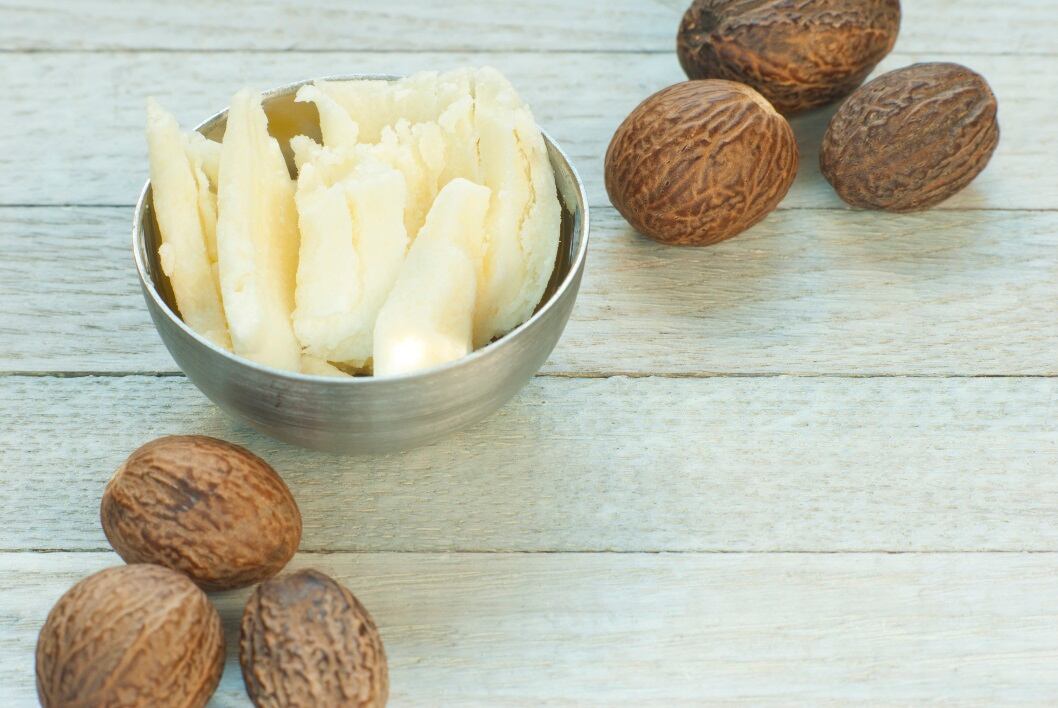
Shea: A sustainable 'wild crop'
Boerefijn suggested that BLC developed the shea margarine in response to the shifting needs of its customers. “The market is asking for other 100% sustainable plant-based alternatives in the bakery sector that have the same performance in processing and in end product experience,” he explained.
Boerefijn suggests that shea can help meet the need for alternate vegetable oils. "Consumers are demanding non-hydrogenated, sustainable alternatives to palm oils and GMO oils."
Within Europe, there has been something of a consumer backlash against palm oil, with NGOs like the Rainforest Rescue and Greenpeace - as well as high profile documentaries including David Attenborough's Seven Worlds, One Planet - highlighting the commodity's link to deforestation. Fresh research from the Thuenen Institute of Market Analysis published this week in the Journal of Food Products Marketing highlighted 'predominantly negative' attitudes towards palm oil. While not the primary purchase driver, 'stated preferences for palm oil free products prevailed among respondents', researchers noted.
However advocates of sustainable palm oil, including the Roundtable for Sustainable Palm Oil (RSPO) and Palm Done Right, stress that sustainable palm oil does, in fact, have a compelling case. According to RSPO, higher yields mean palm plantations are around ten times more productive than other vegetable oils, such as rape and soy. RSPO believes that market dynamics and demand for sustainable palm, provided through certification schemes, should be leveraged to drive deforestation - as well as other issues - out of the palm supply chain.
As a fats supplier, BLC itself remains an advocate of sustainable palm oil. The company is an 'active supporter' of RSPO and is committed to 'accelerate its journey' to no deforestation and transparent supply chains as well as supporting the economic development of palm oil producing communities. In line with these commitments, earlier this month, BLC joined a coalition of palm oil suppliers and buyers to fund a publicly available radar monitoring system with the aim of tackling deforestation in the palm supply chain.
Laura Gruijter, regional sustainability manager of BLC, said shea also has a strong sustainability story.
“Shea is a wild crop. There is hardly commercial farming of shea trees, trees grow on land owned by rural communities,” she explained. “The shea tree is very difficult to cultivate. The geographical area in which the shea tree grows stretches through numerous countries across West Africa.”
Countries with the highest population of shea trees include Benin, Burkina Faso, Ghana, Ivory Coast, Mali, and Togo.
Because it is wild grown, the commodity is not associated with some of the major sustainability issues dogging other vegetable oils, ranging from deforestation to the excessive use of chemical pesticides and fertilisers that intensive agriculture methods often promote.
Attempts to cultivate shea on plantations have met with little success – chiefly because it takes shea trees a long time to mature. “It takes approximately 15-20 years before a tree bears fruit and a tree reaches maturity after 45 years.”
Half of the production of shea nuts is locally consumed and the average volume available for export varies between 150.000-350.000 shea nut equivalent tonnes (SET) a year.
Community development: ‘A fair, sustainable and long-lasting relationship with suppliers’
BLC has worked with shea as an ‘important raw material’ for more than 50 years. Over this time, it has developed relationships with suppliers and, Gruijter told FoodNavigator, the company sources directly from West African women's groups, associations and village communities as well as third party suppliers.
“Millions of people in this part of the world depend on shea for their very livelihood. The collection of the shea nuts is done predominantly by women. We have an obligation to develop a fair, sustainable and long-lasting relationship with the people and communities involved in the sourcing and processing of shea in West Africa,” she suggested.
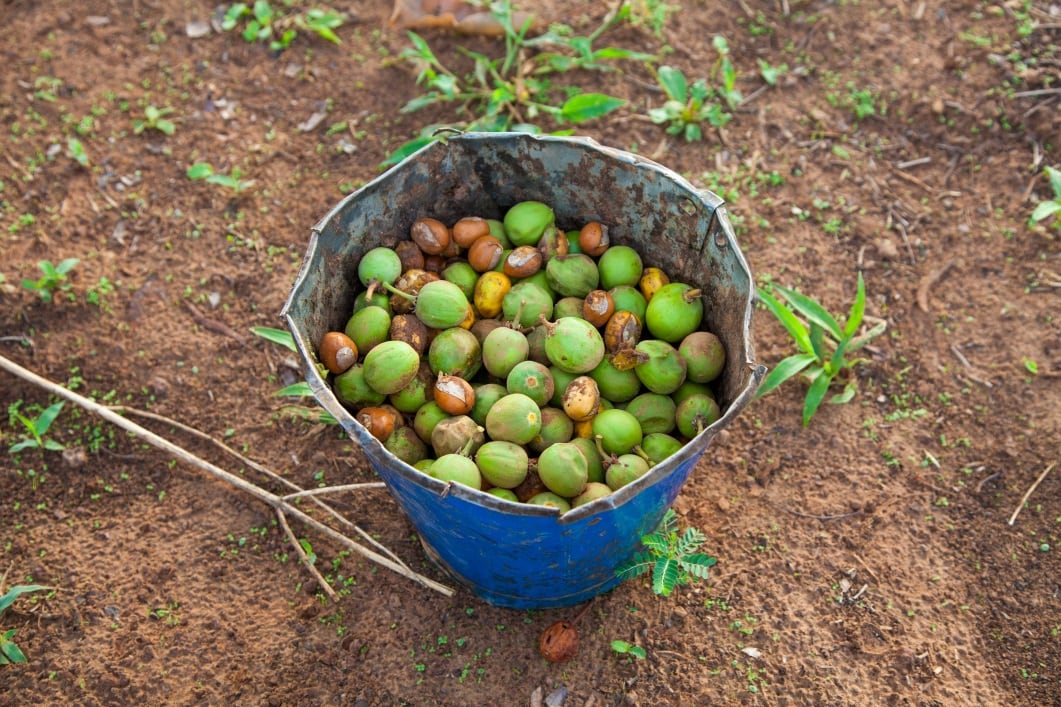
Through its sustainable development programmes, projects and partnerships BLC transfers ‘knowledge of value-adding processes’ to West Africa with the ‘ultimate goal to add value to the country of origin’. The company operates two offices, a laboratory and a fractionation plant in West Africa.
“We help the women groups and village communities to develop skills that will further improve the shelf-life of the shea nuts (cleaning, drying and storing). The improved quality of the shea nuts will generate a better income for those people who are directly involved in the collection of the shea nuts.
“We partner with local crushers to process the shea nuts into added-value products like shea butter and shea stearin. We provide technical support to enable local partners to increase their sourcing and processing standards,” the sustainability expert explained.
BLC will introduce the new product at this year’s Food Ingredients Europe (FiE) trade show in Paris, 3-5 December, at booth 6E60.

